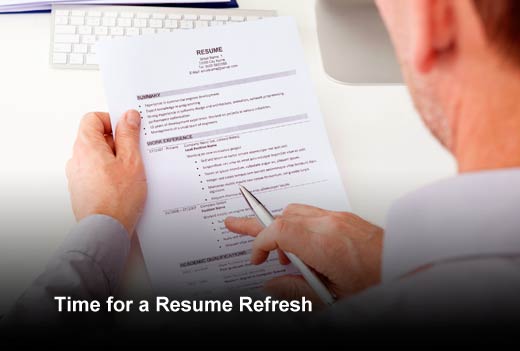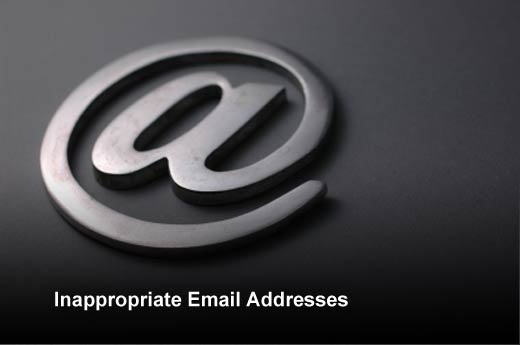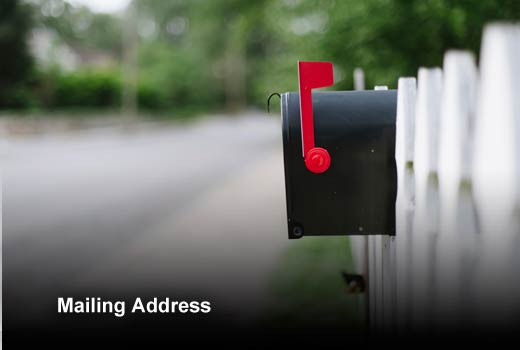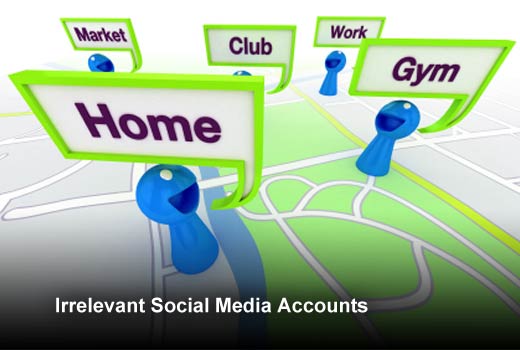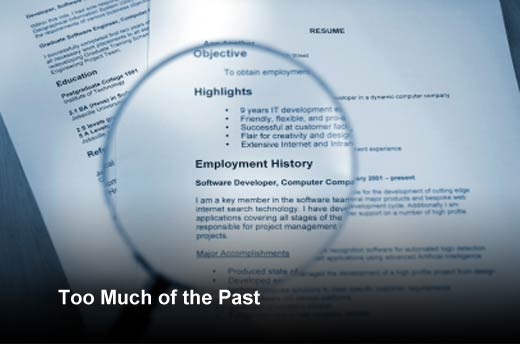You have six seconds to make a great first impression. Go!
Seriously, a recent study by TheLadders found that recruiters spend only six seconds with a resume before they determine if it’s worth more of their time. That’s a pretty small window, so you have to make sure you’re including only the most critical data. The study found that recruiters spend almost 80 percent of their review time focusing on name, current title/company, previous title/company, previous position start and end dates, current position start and end dates and education. Beyond that, recruiters mostly looked for keywords that matched the open position.
So, get ready to Spring clean that resume. In this slideshow, Amanda Augustine, a career management expert for TheLadders, has identified 16 items you can remove from your resume right away that will help your job application avoid the hiring manager’s trash pile.
Time for a Resume Refresh
Click through for 16 items you can remove from your resume today, as identified by Amanda Augustine, a career management expert for TheLadders.
Objective
We’ve all seen those generic objective statements talk about “[ ] professional looking for opportunities that will allow me to leverage my [ ] skills.” Avoid the run-of-the-mill objective statement and replace it with your elevator pitch. In a brief paragraph, explain what you’re great at, most interested in, and how you can provide value to a prospective employer. In other words, summarize your job goals and qualifications for the reader.
Head Shot
Unless you’re creating a CV to apply to positions outside of the United States, or you’re in the entertainment world and a head shot is part of the job, you should never include a picture of yourself with your resume. Your photo will likely clue the employer into your nationality, religion and age (among other factors), and that could inadvertently lead to discrimination. No need to give them any of those details until they’ve considered your application based solely on your qualifications. Play it safe and leave the head shot off your resume.
Inappropriate Email Addresses
The email address [email protected] may have been cute when you were in college, but it’s not the best choice to represent your professional brand today. The same goes for shared family accounts such as [email protected] and email addresses that are offensive or sexual in nature. Do yourself a favor and sign up for a free address with a provider like Gmail that’s reserved exclusively for your job-search and networking activities.
Mailing Address
If you’d like to relocate for work, you probably already know it’s best to leave your current address off your resume. However, it’s becoming increasingly common for professionals to remove this information, regardless of their target location. If you’re searching for a position in your current location and want employers to know you’re a local candidate, include your city and state. However, leave your street address off to protect yourself from potential identity theft.
Multiple Phone Numbers
Do you remember the scene in the movie “He’s Just Not That Into You” where Drew Barrymore’s character is complaining about playing phone (and email and Facebook and text…) tag with a potential suitor? The more phone numbers you introduce into the mix, the easier it is to miss an important message from a prospective employer. Avoid this confusion by listing one phone number, preferably the number for your mobile phone, where you control the voicemail, who picks up the phone, and when.
Personal Details
There’s no need to include personal information such as your Social Security number, marital status, nationality or spiritual beliefs. In fact, it is illegal for an employer to ask for these personal details. Augustine also recommends removing your hobbies from the resume. Unless you’re incredibly new to the workforce or your activities are directly related to your target job, you’re merely wasting resume real estate.
Irrelevant Social Media Accounts
Not only is this information a waste of resume space, but including personal social media accounts that aren’t aligned with your professional brand can derail your job search. Remove these links from your resume and take steps to safeguard your brand.
Flesh out at least one professional profile on sites like LinkedIn, GitHub, or About.Me, depending upon your line of work, and include the link at the top of your resume. If you work in a creative field, consider creating a personal site that has a mobile-responsive design so you can share your portfolio from any device.
Current Employer’s Contact Info
Remember, this contact information will be used by recruiters to contact you. Do you really want them calling you at work or using an email address that can be monitored by your current employer? Don’t inadvertently tip your boss off about your job-search activities. Always list your personal email address and phone number on your resume and job applications. The same goes for any social media accounts associated with your professional brand.
Embedded Tables
Don’t include embedded tables or images in your resume and avoid using the actual Header and Footer sections of the Word document, as these can confuse the employer’s online applicant tracking system, known as an ATS system, and scramble your job application.
Crazy Fonts and Colors
When choosing your resume font, stick to ones that are considered easy to read and won’t confuse the ATS systems: Arial, Calibri, Cambria, Tahoma, Book Antiqua or Franklin Gothic. If you’re in a creative position, save the creative designs for your online portfolio. Employers still need a version of your resume that can be easily uploaded, parsed and stored in their online tracking system.
Fluffy Buzzwords
While it can be tempting to throw a few buzzwords such as “proactive” and “self-motivated” into a professional summary, recruiters know these terms are mere fluff and won’t be impressed when they see them. In fact, a survey by CareerBuilder found these words to be among hiring managers’ top 17 resume turn-offs. Instead of telling employers that you’re a “value-add,” use strong action verbs that explain how you were able to improve a process, increase revenue or cut costs.
‘I’ or ‘Me’
While there is some debate among HR professionals these days about the need to add a more personal tone to resumes, the generally accepted practice is to refrain from referring to yourself in the first person with pronouns such as “I” or “me.” Similarly, don’t use pronouns or your name to talk about yourself in the third person (i.e. “John is an accomplished IT professional”; “He is seeking opportunities to…”).
Salary History
There’s no need to include salary information or hourly pay rates for roles you previously held. It’s not only unnecessary; it may send the wrong message to employers. Remember, your resume should showcase the value your professional experience and skills provide – not its cost to former employers. If a job application asks for salary requirements, address these questions in your cover letter.
Unrelated Information
You may be proud to coach your son’s baseball team or run the annual bake sale at your church, but this information doesn’t belong on your resume. If it’s not relevant to your target job goals, reconsider its place on your resume. Would the hiring manager reading your resume find this information valuable or would they ask themselves, “So what?”
Too Much of the Past
Employers are especially interested in your most recent experience and how that ties back to their open position’s requirements. If you’re an entry-level professional, it’s time to take out any references to your high school career. Instead, focus on highlighting your education, relevant internships and the leadership skills you’ve developed during college. If you’re further along in your career, limit your resume to include the most recent 15 years of experience in reverse-chronological order and remove the dates from any degrees, certifications or awards that fall outside that 15-year window.
References Upon Request
Whether you’re new to the workforce or a seasoned professional, your resume real estate is precious. Don’t waste space by listing your references or including a note such as “References available upon request” at the bottom of your resume. Employers don’t ask for that information until you make it to a face-to-face interview, and they know you’ll provide it if they request it.


